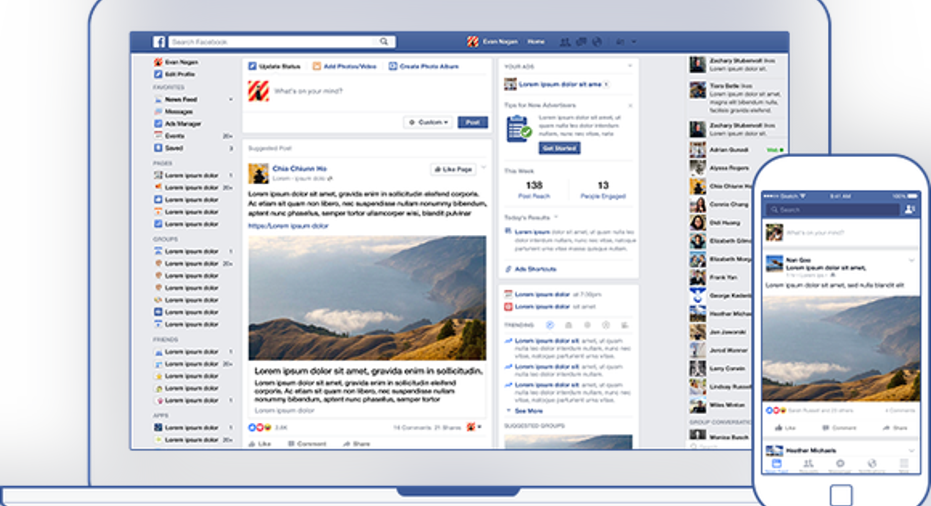Facebook Is Already Flirting With Censorship

Image source: Facebook.
Censorship is almost always a touchy subject, but it's also par for the course in certain parts of the world. Just as Facebook (NASDAQ: FB) is now coming to grips with its own power and responsibility over what information people see, it seems that the company is starting to flirt a little bit with censorship.
In Thailand, a local law prohibits any public criticism of Thailand's royal family. But one prominent journalist has discovered that his posts, along with posts from other users, regarding the royal transition following King Bhumibol Adulyadej's death in October are apparently being blocked within Thailand, according to TechCrunch. The posts in question are available outside of Thailand, but unavailable within the country, suggesting that Facebook is censoring content based on the geographical location of users. The blocking seems to be in response to a government request. Facebook discloses government requests that it receives around the world, and notes that it restricted 10 pieces of content between January 2016 and June 2016 in Thailand.
In the grand scheme of things, Thailand is a pretty small country with a population of nearly 70 million people. Facebook's apparent willingness to compromise on censorship has much greater implications for another Asian country.
The Middle Kingdom
Just a couple months ago, reports surfaced that Facebook was working on censorship tools that could restrict content based on geographical location. It appears that those tools are now ready for use and being implemented, considering what we're seeing happen in Thailand.
While Facebook continues to be officially banned in China, the social network can greatly improve the chances of ever getting into the country if it shows that its willing to play ball in terms of censorship. Given the sheer size of China's market, Facebook will need to give commensurate thought into the decision since if it ever gains sanctioned access to China, it can potentially have a large social impact on the country and its users.
But the opportunity is too massive to ignore, so Facebook will likely have to compromise on censorship even if the company is against the idea on principle. These days, tech companies are also required to store user data within China, so in addition to providing technical tools for censorship, Facebook would need to invest in data center infrastructure as well.
While people in the U.S. balk at the idea of censorship, it's important to realize that it's simply the way it is in other countries, and users in those regions have grown accustomed to -- and accepted -- governments restricting content. To the extent that Facebook wants to continue expanding into these areas, it has little choice but to accommodate those governments.
Find out why Facebook is one of the 10 best stocks to buy nowMotley Fool co-founders Tom and David Gardner have spent more than a decade beating the market. (In fact, the newsletter they run, Motley Fool Stock Advisor, has tripled the market!*)
Tom and David just revealed their ten top stock picks for investors to buy right now. Facebook is on the list -- but there are nine others you may be overlooking.
Click here to get access to the full list!
*Stock Advisor returns as of January 4, 2017
Evan Niu, CFA owns shares of Facebook. The Motley Fool owns shares of and recommends Facebook. The Motley Fool has a disclosure policy.



















